Calibra VD Dog Hepatic
- Veterinary Diets
- Consult with your vet
Intended use: Support of liver function in the case of chronic liver insufficiency,
Reduction of copper in the liver
12 July, 2021
Does your dog have liver problems? Do not despair – this organ has a large
functional reserve and regenerative ability, if the appropriate treatment is
applied quickly and correctly.
In this article you will learn:
It produces bile, which is essential for digestion and the absorption of fats and fat-soluble vitamins
It produces the albumin (the primary blood protein) and urea
It has a storage function - it maintains stores of glycogen (a source of glucose = energy), iron, lipids, some vitamins (A, D, E, K, B) and minerals
It plays an important role in function of immunity
Simply put, the liver is a powerhouse, a battery and a warehouse for the organism.
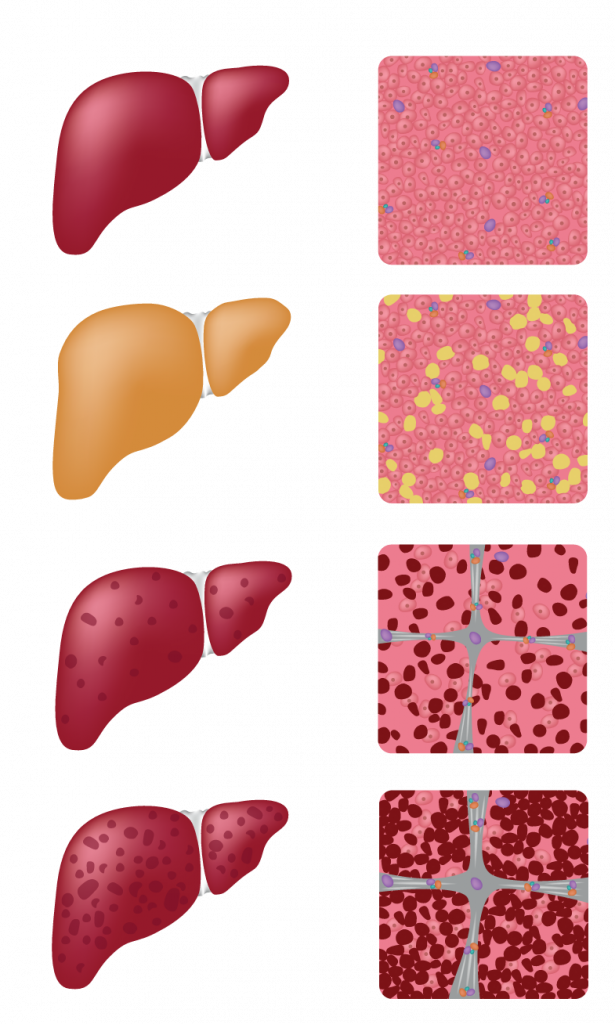
Healthy Liver
The liver has large functional reserves, and therefore signs of disease often don't appear until the impaired tissue reaches 80% or more.
Symptoms of liver disease are generally mild, subtle, and easily confused with the symptoms of many other diseases. For this reason, liver disease is unfortunately frequently diagnosed in its advanced stages.
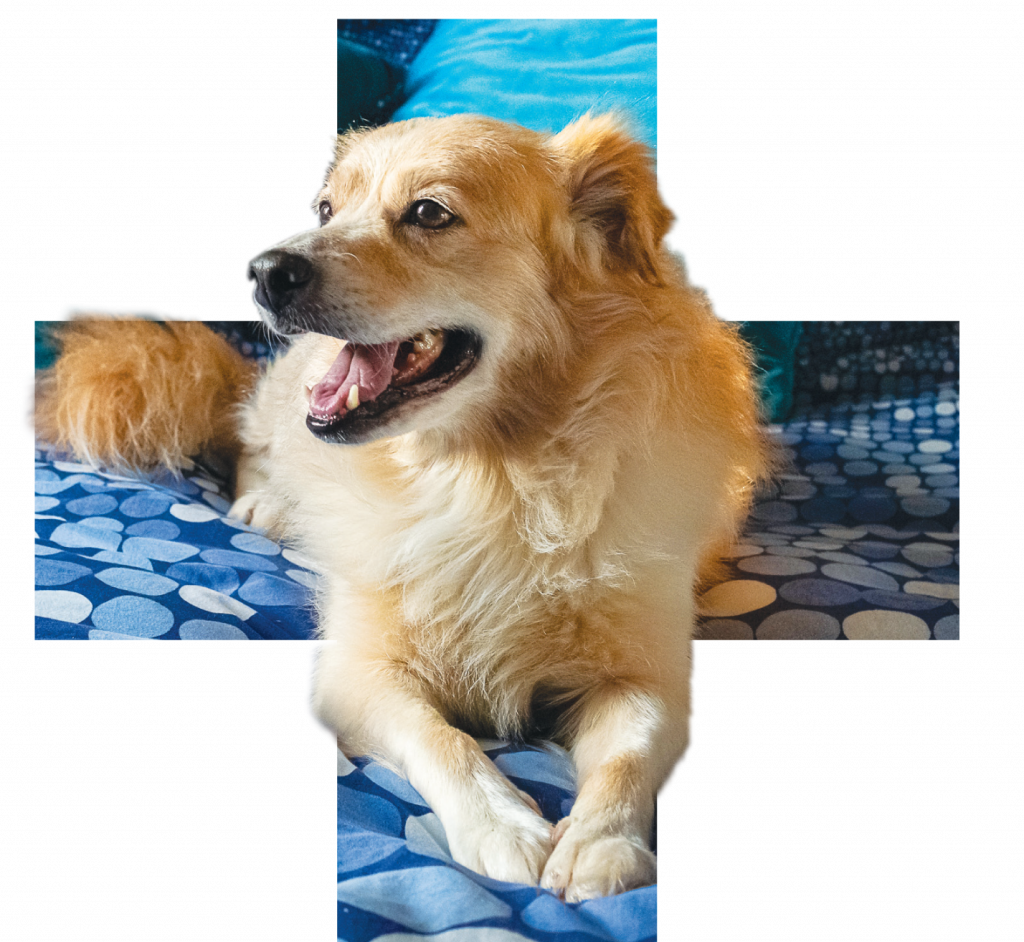
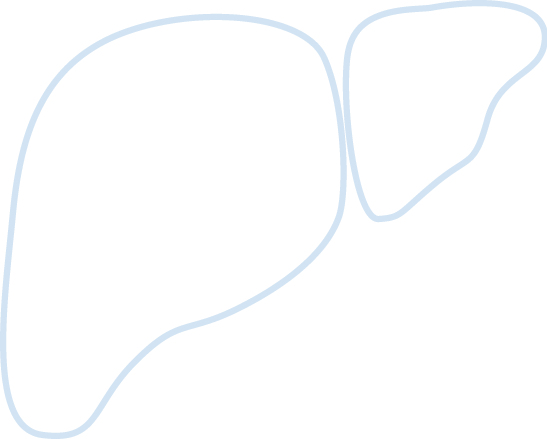
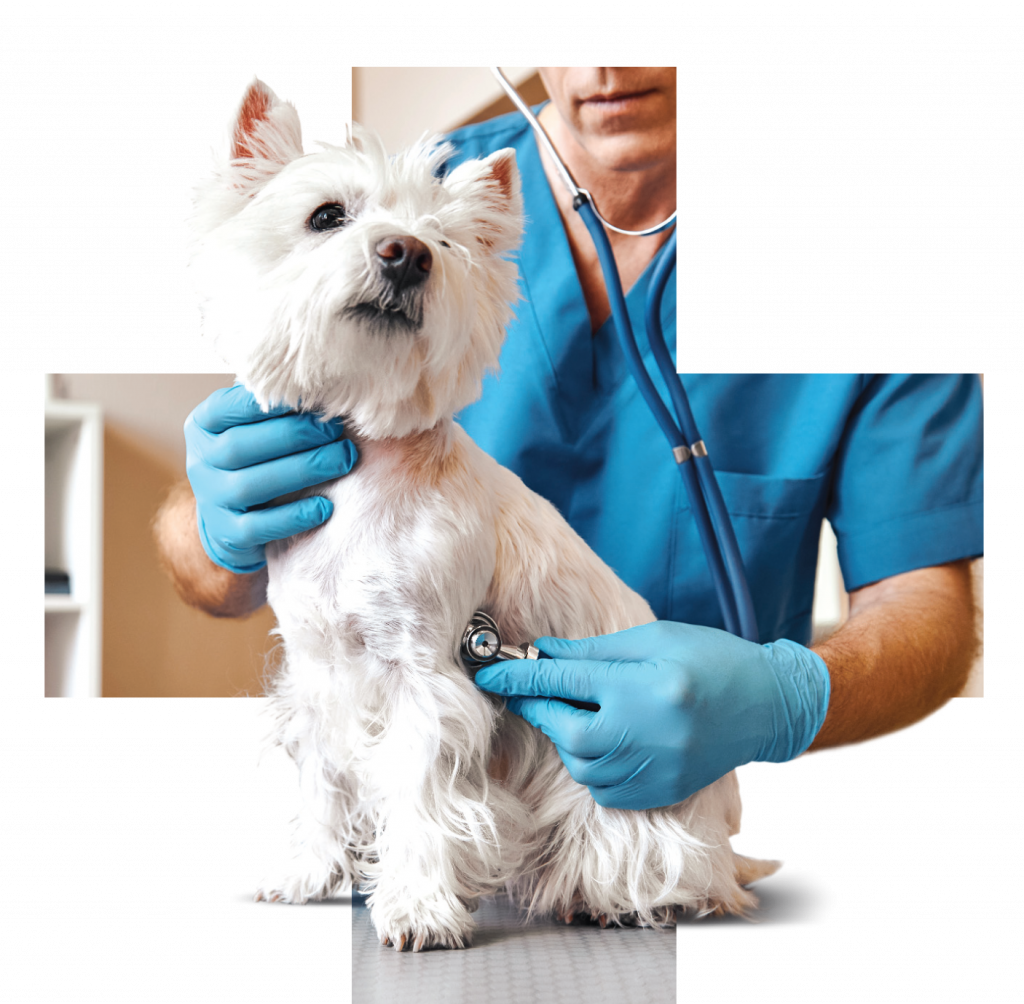 Whenever possible, it's important to get a precise diagnosis with liver disease and to focus on a properly chosen hepato-protective diet concurrently with medical treatment.
Whenever possible, it's important to get a precise diagnosis with liver disease and to focus on a properly chosen hepato-protective diet concurrently with medical treatment.
Diet and nutrition are especially important when treating liver disease. Food for animals who are suffering from some type of liver disease must contain sufficient amount of easily available nutrients, while enabling the liver to begin the regeneration process.
A food comprising highly digestible ingredients and nutrients that are often deficient helps to reduce the load on the liver. The diet must be highly palatable to ensure that it is well-accepted. Dogs with liver disease often suffer from a lack of appetite.
It is possible to use either dry food (kibbles) or canned food or mix dry and canned together.
Recommend to you
Intended use: Support of liver function in the case of chronic liver insufficiency,
Reduction of copper in the liver
Supports treatment due to its special composition
Helps reduce clinical symptoms of the disease
Enables liver tissue to regenerate
Recommend to you
Intended use: support of liver function in the case of chronic liver insufficiency
Calibra Hepatic therefore contains salmon meat, hydrolysates (proteins that have been broken down into shorter chains, which support easier digestion), and eggs, together with a suitable source of carbohydrates and plant proteins - rice.
When developing the Calibra Hepatic diet, we chose not only highquality proteins and carbohydrates, but we also considered properly selected functional additives.
Sufficient levels of beneficial additives that complement the diet's primary composition can significantly affect its functionality.
We've chosen the following additives for the Calibra Hepatic veterinary diet:
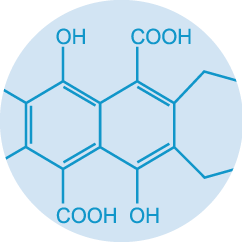 Fulvic Acids
Fulvic Acids
Are a group of organic acids derived from organic components of soils (humus). By adding them to foods, we revert to the dog's natural COOH OH diet. Their primary function is to help remove toxins and heavy metals from the organism, which it takes in from the environment or through food. They are also known for their positive effect on the absorption of nutrients and for their anti-inflammatory properties.

Zinc
(in organic — chelated form)
Has strong antioxidant and hepato-protective properties.
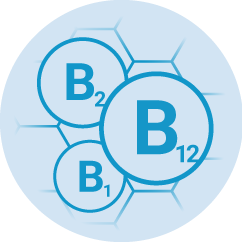
B-Vitamins & brewer's yeasts
Support a wide range of metabolic processes.
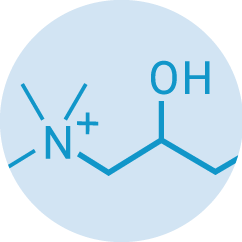
L-Carnitine
Protects against the fat accumulation in the liver, supports the fat metabolism.

Milk Thistle
Contains the active ingredient silymarin, which has significant hepato-protective effects on liver tissue that have been scientifically proven.

Turmeric
Turmeric has antioxidant and anti-inflammatory properties, as well as the ability to increase the production of bile.

Yucca schidigera
Helps reduce toxic metabolites in the intestines, which in turn reduces the absorbed amount that reaches the liver.

The liver is capable of regenerating itself, and studies have shown that if the causes of liver disease and its symptoms are managed properly and on-time, liver tissue and its function is able to recover.
Dietary management is very important part of therapy and it can significantly help improve the quality of life of Your pet.
Choose your preferred language